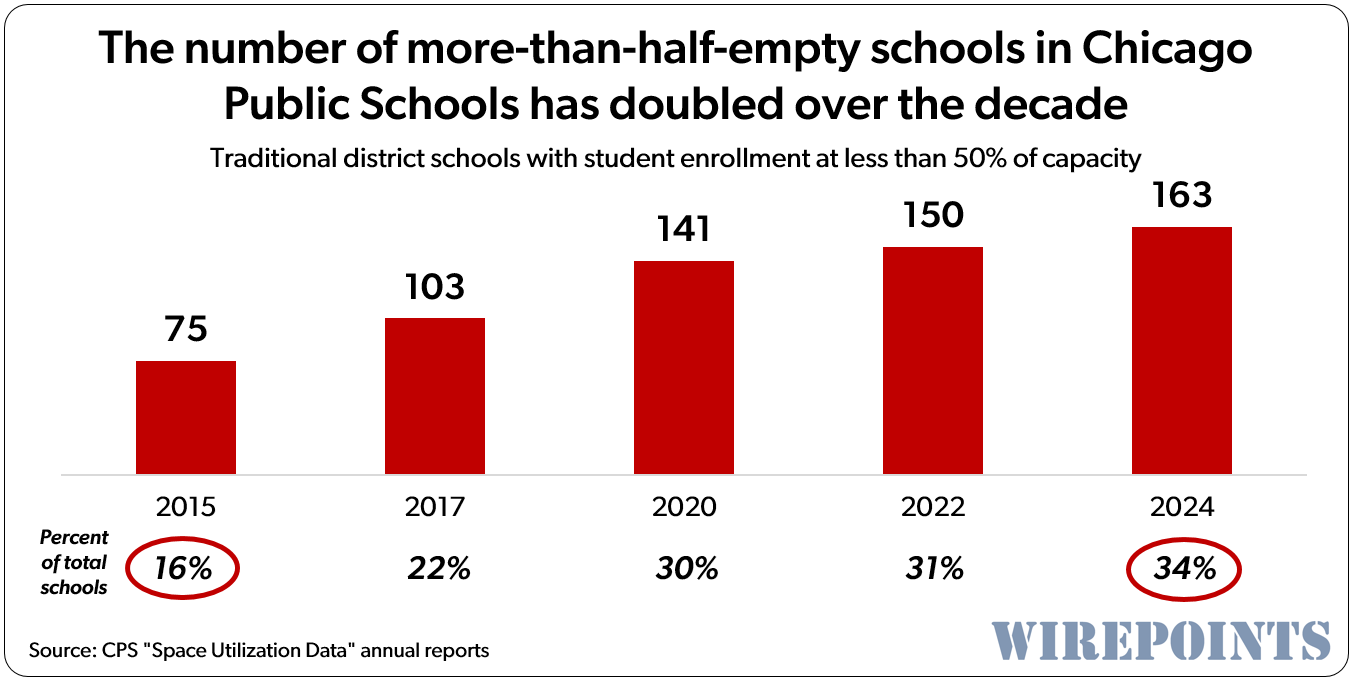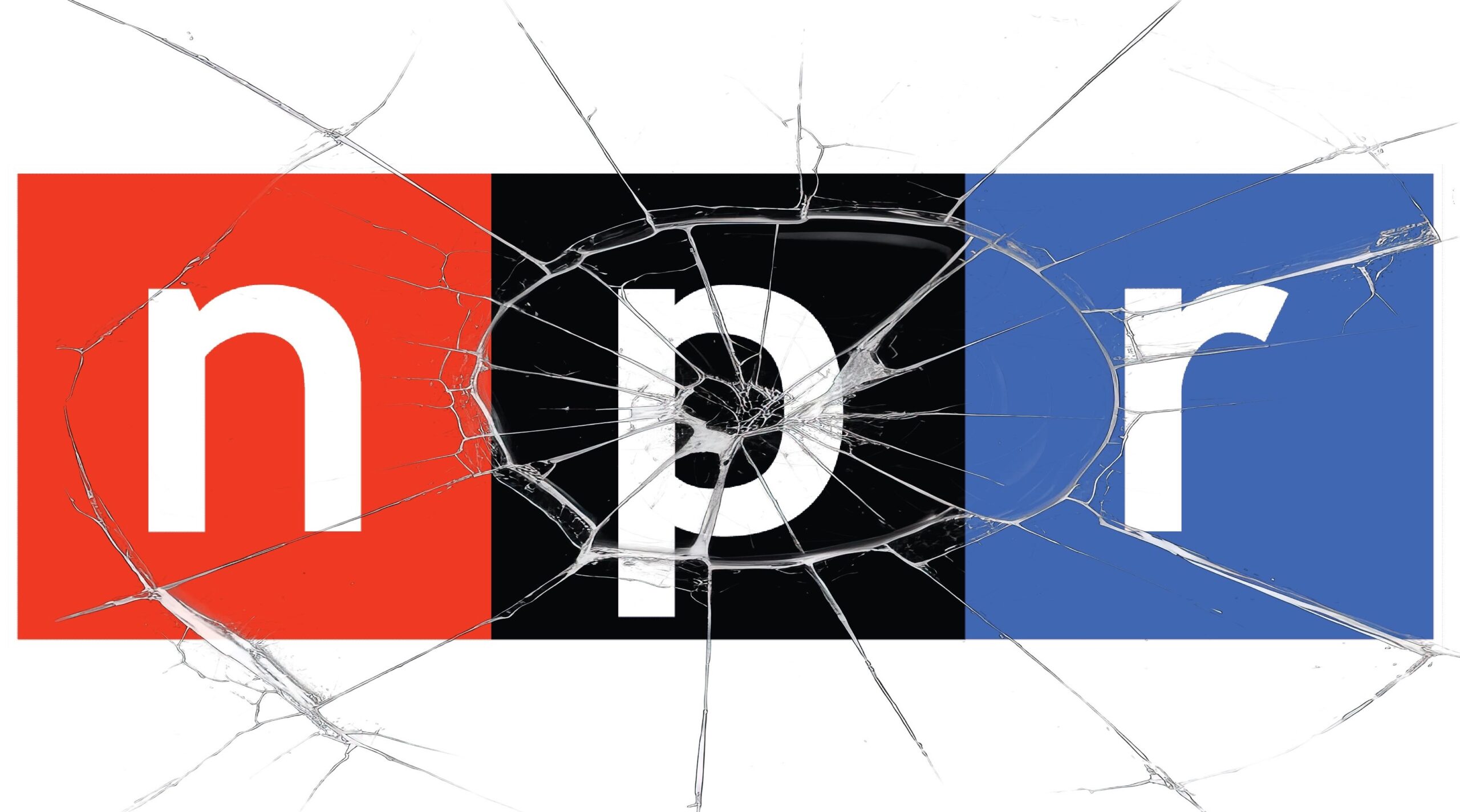By: Mark Glennon*
Upgrades for states from credit agencies are usually nice because they result in lower interest costs the next time the state borrows money.
But they mean nothing when the same forces that caused the upgrades spike up interest costs for other reasons.
So it is for Illinois. What the federal government hath given the federal government hath taken away.
Illinois’ new bond offering says it all. Whatever benefit Illinois got from credit upgrades, which resulted largely from federal largesse, has been more than cancelled out by higher rates caused by that very largesse.
The facts are in The Bond Buyer, which is the leading journal for the municipal finance trade, which reported on Illinois’s latest bond offering. This month, Illinois priced its new $1.64 billion of general obligation bonds. The true interest cost on the overall deal was 4.64%, says The Bond Buyer.
That’s far higher than Illinois and other municipal bonds yielded over the past few years or even at the start of the year. Illinois’ 10-year bond was trading at the start of the year at 1.67% yield, according to the Bond Buyer, but soared over the course of the year to 4.40% last week. The “spread” for Illinois bonds has worsened this year, too. That’ how much the state’s municipal bond rates exceed Treasury Bill rates. It started the year around 0.65% but is now over 1.2%.
 How could that be? Illinois has received multiple credit upgrades over the past 11 months, which Illinois Gov. JB Pritzker and Comptroller Susanna Mendoza proudly remind us about most every week.
How could that be? Illinois has received multiple credit upgrades over the past 11 months, which Illinois Gov. JB Pritzker and Comptroller Susanna Mendoza proudly remind us about most every week.
The answer isn’t complicated.
The federal government showered cash excessively and indiscriminately on Illinois, its municipalities, other states, their municipalities and the economy in general over the last two years, all under the guise of COVID relief. Total federal “pandemic stimulus” has exceeded $10 trillion with more still to be disbursed. Illinois got nearly $200 billion, including $11 billion that went directly to state government. More importantly, Illinois tax receipts have surged, thanks mostly to the other $189 billion of stimulus.
That put Illinois bonds at less risk of near term default, thereby earning the credit upgrades.
But what’s other the result of a federal cash gusher like that?
Inflation, which is now running at a 40-year high of over 8%. Other matters are contributing to inflation, including Ukraine and supply chain problems. Unquestionably, however, the massive federal stimulus is a primary culprit.
And what’s the consequence of inflation?
Higher interest rates. Bond buyers demand higher rates because they want to be to be compensated for their inflation loss, and the Federal Reserve Board has pushed rates higher to try to fight inflation. Both of those forces are at work. All interest rates are up sharply this year. The benchmark 10-year U.S. Treasury Bill rate is up by over 50% this year. Most other borrowing costs, including municipal bonds across the nation, are up still more.
What will happen to credit ratings when the federal cash runs out?
The Volcker Alliance, a nonprofit group that promotes responsible government spending, issued a report last month singling out three states that are among the most vulnerable for budget stress. They are Illinois, California and Texas. “The problem is that they’ve been using a one-time surge of money from the federal government to pay for long-term expenses, fiscal experts warned Wednesday,” as reported here. “The sobering warning comes even as states are flush with cash, thanks to strong consumer spending and low unemployment.”
The conclusion should be clear. Since nobody can name any reforms or structural budget changes, Illinois’ credit upgrades did not result from something the state did. They resulted, instead, from the same force now driving up interest costs for everybody.
That force was reckless federal spending, which was cheered on by Illinois’ ruling class. The consequences have been more severe than the benefits. Federal fiscal and monetary policy over the past two years have made an appalling mess of our economy, and the effects on Illinois bonds are an example.
*Mark Glennon is the founder of Wirepoints.
Read more from Wirepoints:
- Bleeding people: New IRS migration data shows Illinois lost another 100,000 residents and a record amount of wealth in 2020
- A statistic that continues to be ignored: The high rate of births to unmarried mothers across Illinois’ 20 largest cities
- False advertising of Illinois’ new ‘property tax relief’ bill
- About that U.S. Census “undercount”: Illinois’ population is still just 12.8 million
- 2021 Census numbers are horrible for Illinois: Population decline second worst in country, behind only New York

 A set of state lawmakers want to extend CPS’ current school closing moratorium to February 1, 2027 – the same year CPS is set to transition to a fully-elected school board. That means schools like Manley High School, with capacity for more than 1,000 students but enrollment of just 78, can’t be closed for anther three years. The school spends $45,000 per student, but just 2.4% of students read at grade level.
A set of state lawmakers want to extend CPS’ current school closing moratorium to February 1, 2027 – the same year CPS is set to transition to a fully-elected school board. That means schools like Manley High School, with capacity for more than 1,000 students but enrollment of just 78, can’t be closed for anther three years. The school spends $45,000 per student, but just 2.4% of students read at grade level.
 Hopefully, all media will get the message, in Illinois, too.
Hopefully, all media will get the message, in Illinois, too. Ted joined Tom Miller of WJPF to talk about Illinois’ highest-in-the-nation property taxes, why lawmakers don’t want to touch the tax’s cost drivers, just how much Illinoisans’ tax burden has grown over the decades, why Gov. Pritzker failed to meet his promise to reform property taxes, and more.
Ted joined Tom Miller of WJPF to talk about Illinois’ highest-in-the-nation property taxes, why lawmakers don’t want to touch the tax’s cost drivers, just how much Illinoisans’ tax burden has grown over the decades, why Gov. Pritzker failed to meet his promise to reform property taxes, and more.
But wait! JB told us IL was in great shape financially due to his savvy financial piloting of the state through troubled waters. What a douche.
Unfortunately, we are all pretty much stuck with our federal government. We are not however stuck with our state government. We get to choose our state, so choose wisely.
Did you notice that other states with bad credit ratings also happened to get credit upgrades during the pandemic? I think New Jersey went over 20 years without a credit upgrade and got more than one, just like Illinois. Their governors acknowledged the federal bailouts either.
Which, arguably, implies the ratings agencies, who know exactly what is going on, are violating their fiduciary responsibility – any of the agencies who upgraded a credit rating due to an infusion of $$$ from the FED without declaring fiscal reform wasn’t the cause of the upgrade, should be blasted.